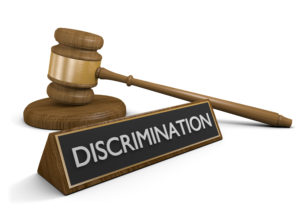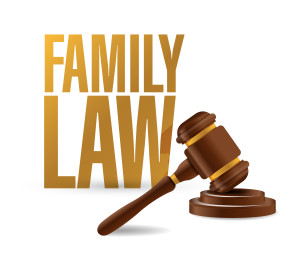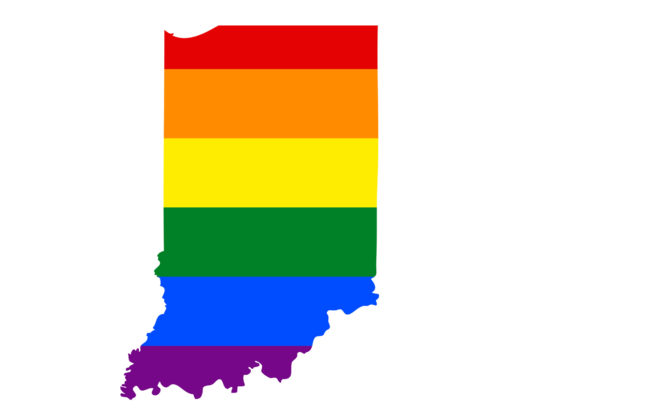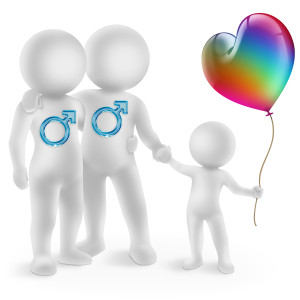The South Dakota Senate on Wednesday advanced a bill that would protect religious or faith-based foster care and adoption agencies that deny child placement to same-sex couples and single parents.
PIERRE — On a 22-12 vote, South Dakota legislators approved Senate Bill 149, which would ensure that religious or faith-based adoption and foster care groups could continue to benefit from state funds and that they wouldn’t face retribution if they denied placement to a parent or couple that doesn’t meet their requirements.
The measure’s sponsor Sen. Alan Solano, R-Rapid City, said he brought the bill to ensure that groups with “sincerely held” religious views are able to place children with traditional families or with other parents that they deem appropriate. He said the bill would help maintain the status quo in that private adoption groups in the state could continue to utilize certain faith-based requirements when selecting prospective parents.
“I worry that with out these protections that these boards are going to say we’re done doing child placement,” Solano said.
He said other cities and states have brought restrictions on private adoption agencies that require they drop placement standards based on religion or sexual orientation or risk losing state funding for the services or other programs.
Currently, more than a dozen private adoption agencies operate in the state and if they don’t contract with the state, they are able to turn away single parents, LGBTQ people or non-religious people. Six other organizations currently receive state funds and as a result must comply with state and federal standards that bar them from imposing restrictions based on religion, sexual orientation, marital status, race or gender identity.
Opponents of the bill, including civil rights groups and LGBT advocacy organizations have said the bill’s passage would lead to discrimination at the taxpayer’s expense and could land the state in court.
“This bill could prevent LGBT couples, interfaith couples, divorced people and many otherwise qualified, loving families from adopting children under the guise of religious liberty – all on the taxpayer’s dime,” said Libby Skarin, policy director for the American Civil Liberties Union of South Dakota. “Everyone has the right to their beliefs and to act on them, but that right doesn’t give anyone, including the government, a license to harm others.”
by Dana Ferguson, Argus Leader, 2/22/2017
Click here to read the entire article.



















